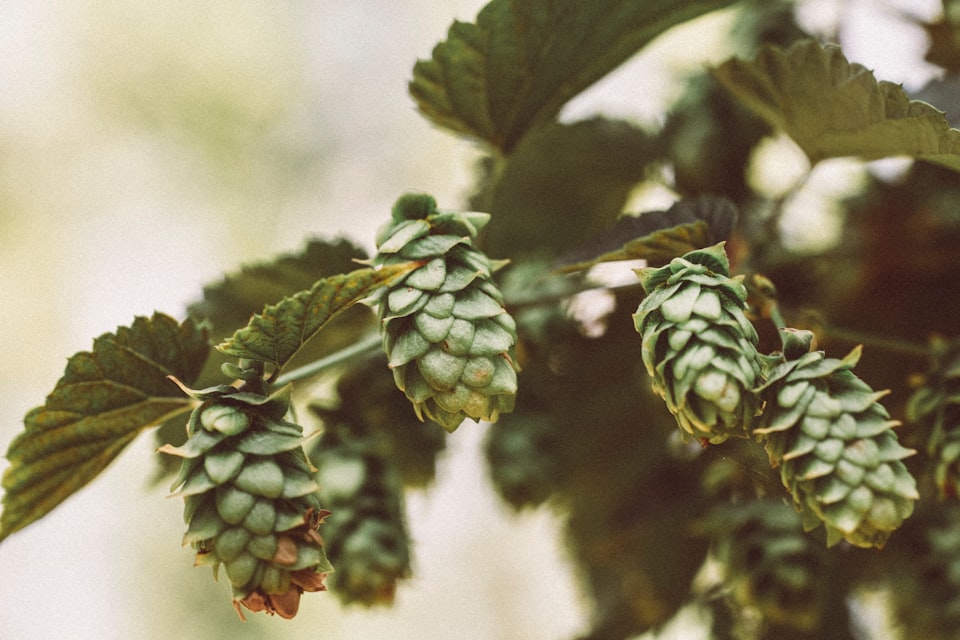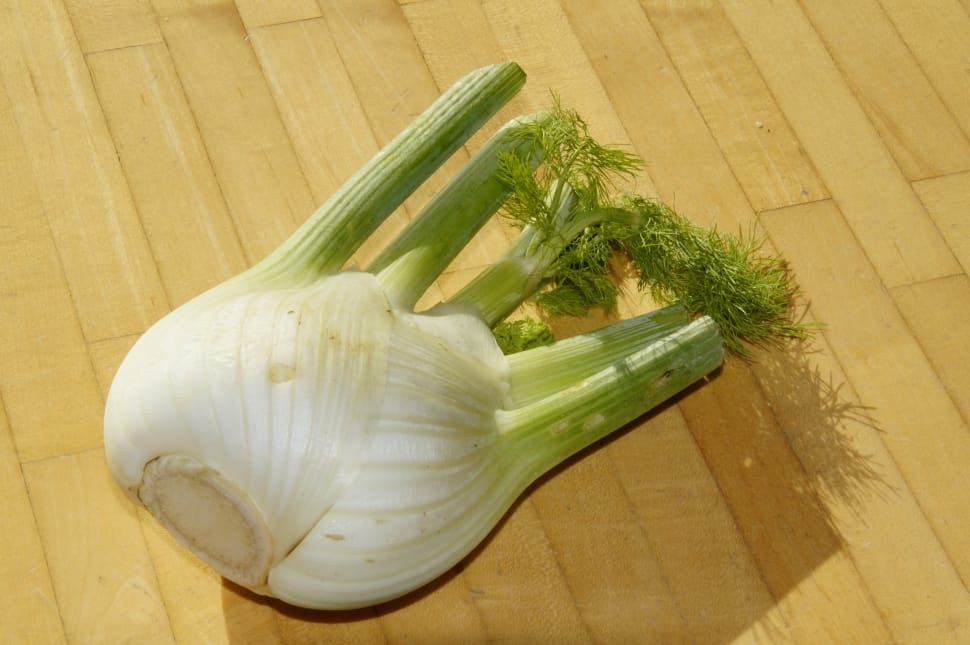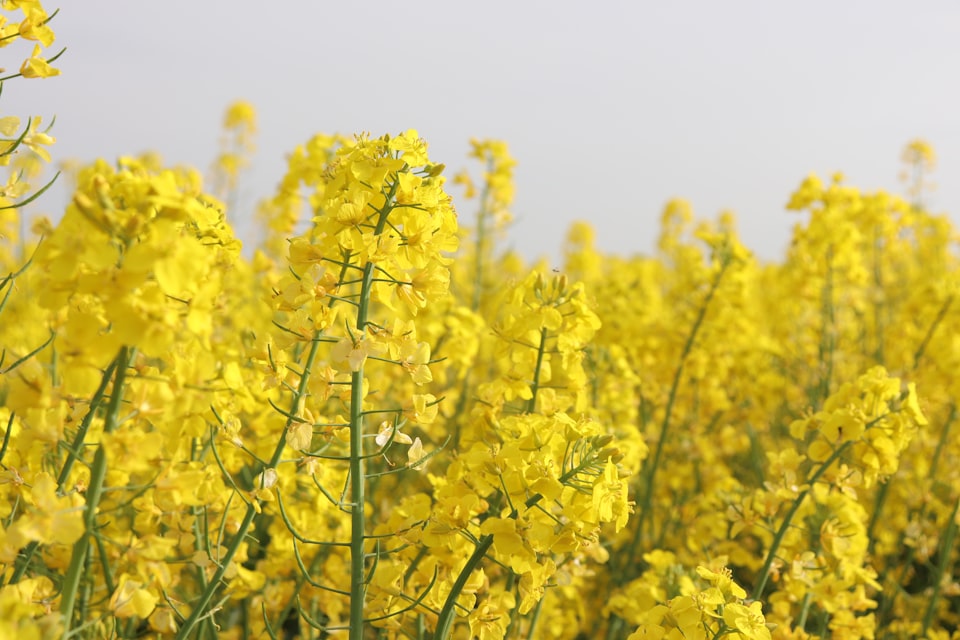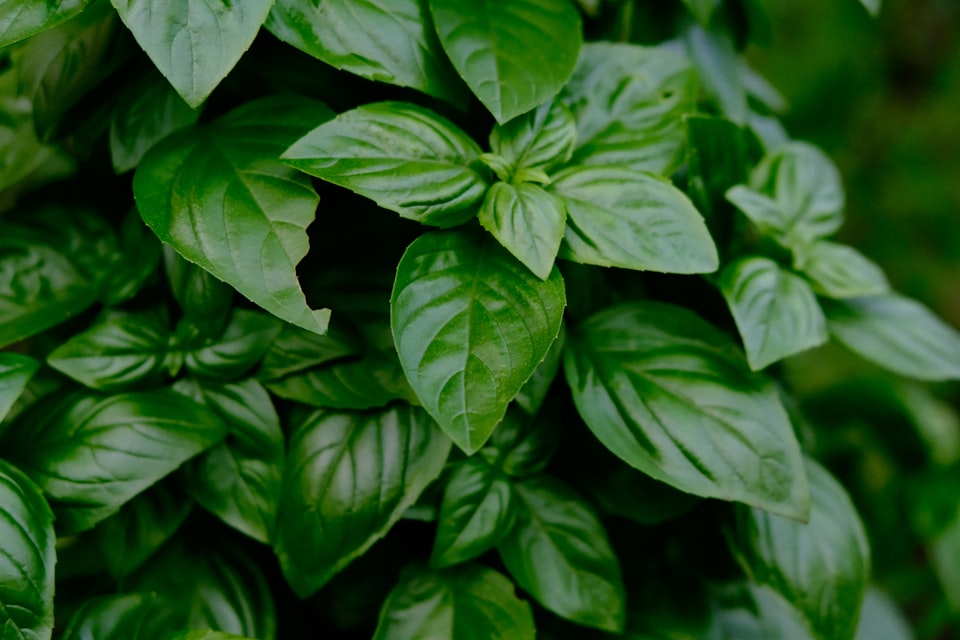III: Clove
No, medieval people didn't use cloves on spoiled meat.
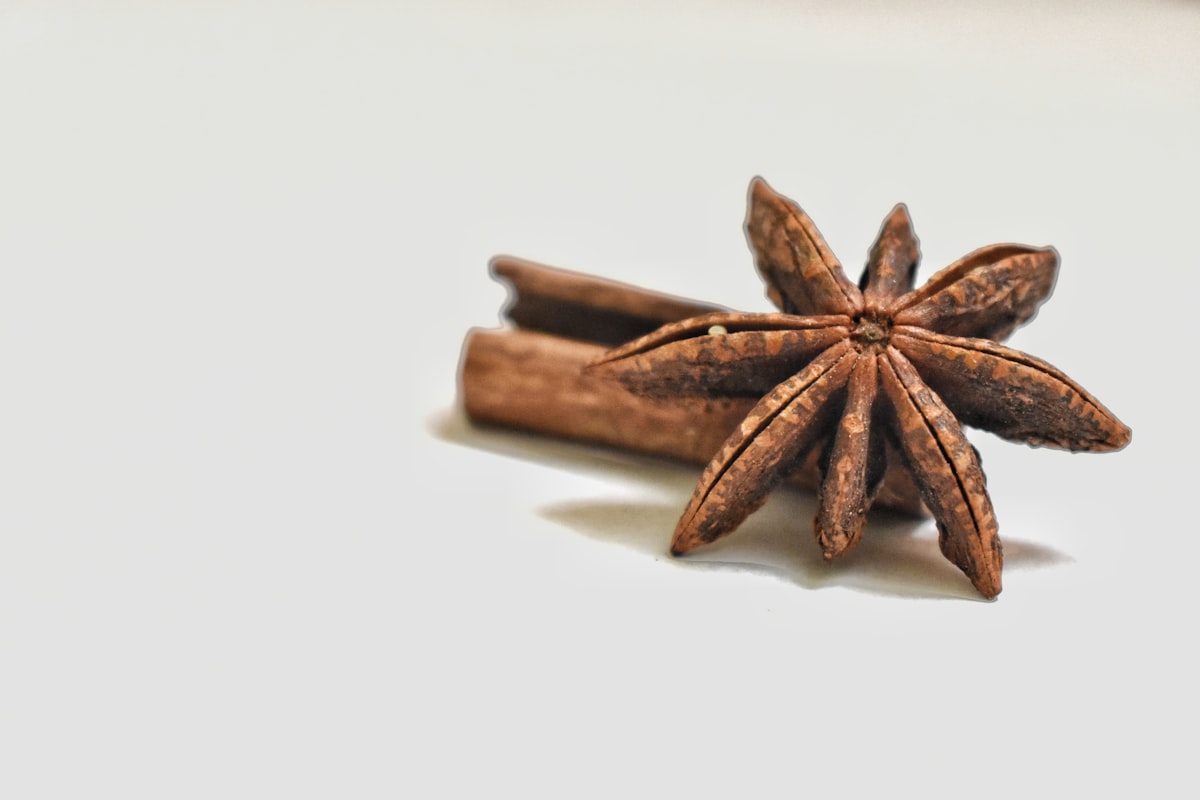
Good morning. Today is tridi, the 13th of Messidor, Year CCXXXI. We celebrate le girofle, an evergreen tree with a powerfully spiced flower.
💡
The Dutch managed to become wealthy during the colonial era despite a lack of, you know, colonies by instigating trade monopolies on spices. The most notable were nutmeg and mace, and because clove trees initially only grew on a handful of Indonesian islands, a monopoly on those was attempted as well. However, wily French trader Pierre Poivre made off with some seedlings and successfully started a clove orchard in Mauritius, just east of Madagascar in the Indian Ocean. (The French, who somehow still get to have a lot of colonies, continue to own Réunion nearby.) From there clove trees were transplanted to Zanzibar, which was the world's largest producer of the spice for centuries.
There's a persistent myth that medieval Europeans had to eat spoiled meat because refrigeration hadn't been invented yet, and so the spice trade was such a big deal because spices masked the rancid flavor of all that rotting food. This myth, which persists like crazy, is the dumbest belief we could possibly have.
